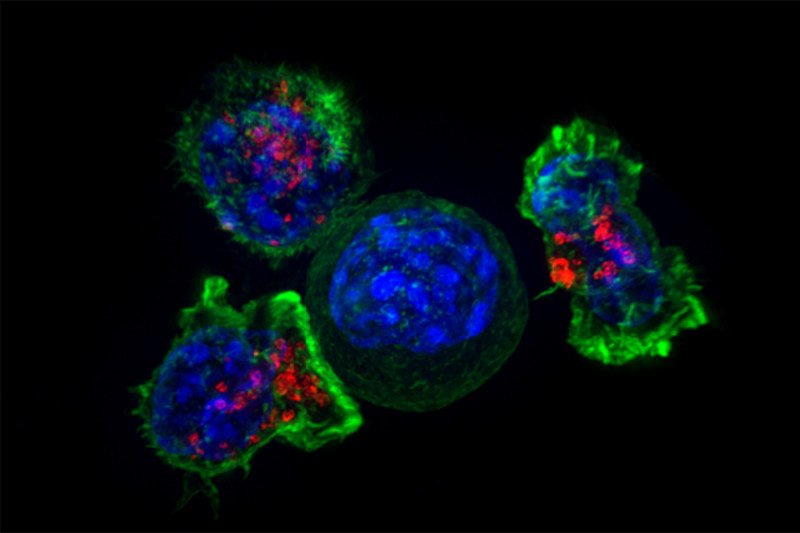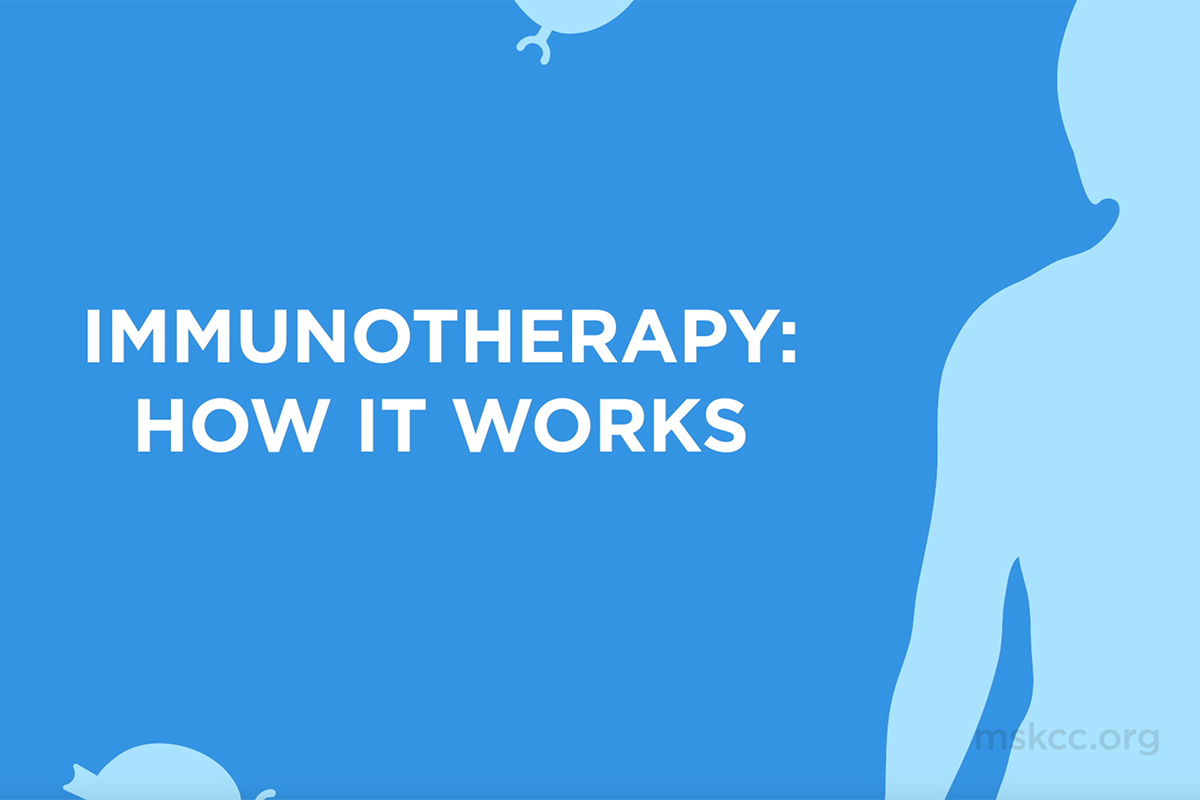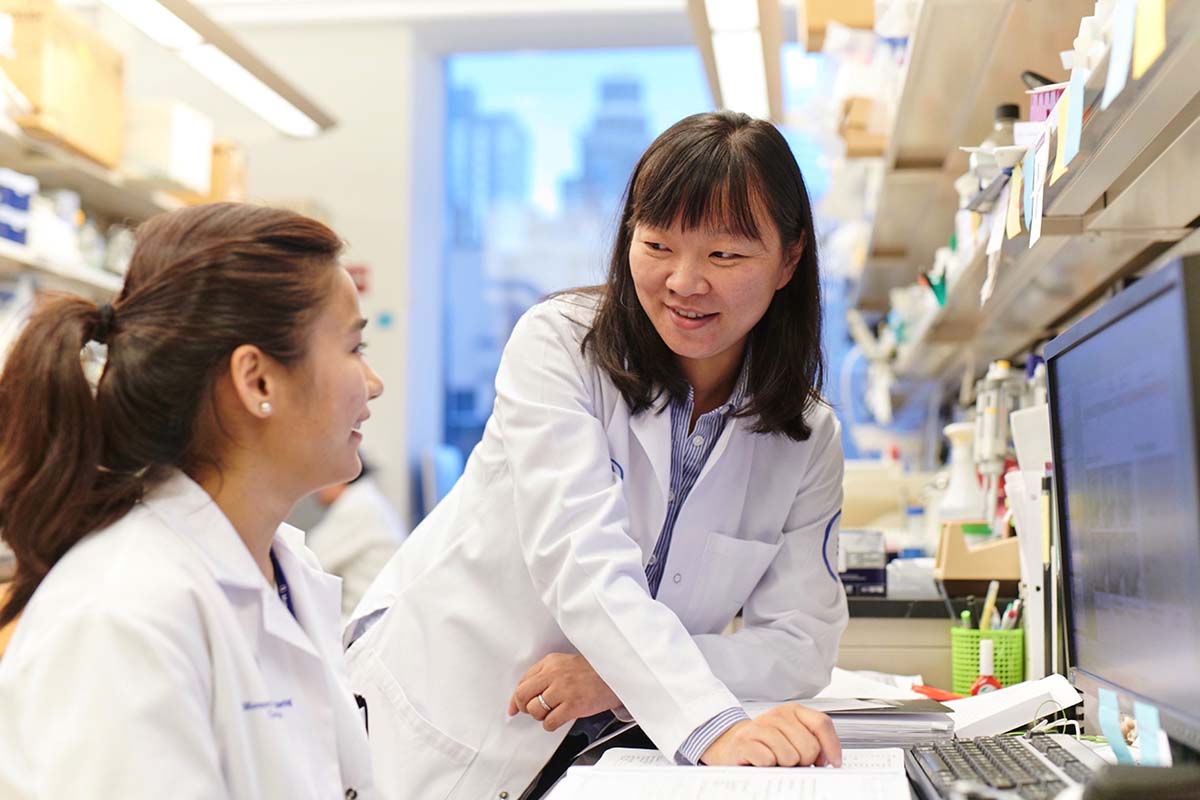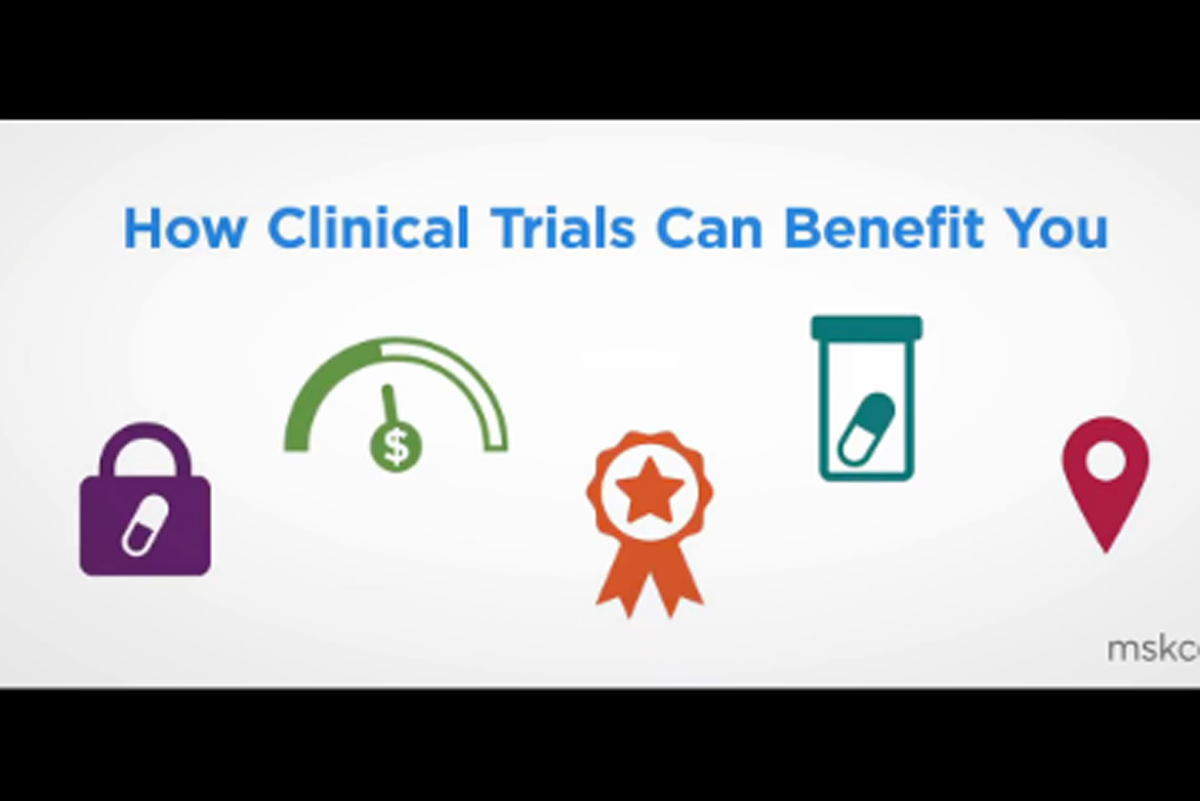When thank you really does not seem enough…
The CRBF Inaugural Birthday Big Bash was held on Monday 22nd January 2018 with resounding success. It reminded me of a quote from Helen Keller, “Alone we can do so little, together we can do so much.”
On Monday, each person present played a critical role in heightening the awareness of sarcoma, the forgotten cancer. Too many young lives each year are taken as a result. The game was yet another step toward preserving Cooper’s legacy, and his long- held passion to fund the critical research required to make a difference. This event was never designed to be a major fundraiser, but instead to allow many to have closure on what has been an unspeakably difficult five months, whilst participating in something they all hold a shared passion for. On saying this we can announce today, we are over $5000 closer to finding a cure for sarcoma thanks to the generosity of our supporters on the day.
I will begin the formal thank you’s with a genuine apology to our guest, Australian Spin Bowler/Sixers star, Nathan Lyon. In my very emotional state on the day, I very rudely overlooked publicly expressing our thanks to Nathan, who gave up his time to umpire the game, and to have photos taken with all who asked. He was generous to a fault, and certainly did not deserve to be sidelined by my ageing memory, and my inability to remember very much these days. He was not alone. I also forgot to mention my husband Colin, the powerhouse behind the Foundation, and our son Mitch, who works tirelessly to instigate the change his brother so desperately wanted to see in his lifetime. Joining the illustrious list of the forgotten, was CRBF Communications manager, Luke Bennett, who works so very hard for the Foundation, at unusual hours, to ensure our social media and website is always taken care of.
We would like to thank the players who graciously gave up, what could have been a relaxing day at the beach, instead opting for a spirited cricket match in 32 degree heat. Without each of these special young men, there would not have been a game. The result could have conceivably gone either way, however the CRBF 1st X1 took the inaugural “bat”, a trophy which is Cooper’s custom made Laver & Wood, pride and joy. It now proudly bears a plaque with the Foundation name, and the name of the 2018 winning team, and we look forward to updating it on the 22nd of January each year, as this event becomes a permanent fixture.
The CRBF 1st X1
Mitchell Rice-Brading (C)
Cameron McLean (VC)
Tom Sutcliffe
Isaac Crawford
Robin Evans
Will Yeaman
Stephen Salakas
Henry Munns
Lachie Swaney
Will Sutcliffe
Will Mallett
Sam Isherwood
Josh Craig
The CRBF All-Stars
Will Todd (C)
Fionn Geraghty (VC)
Alex Powys
Tommy Arms
Tom Chichester
Darcy Cordell
Will Lawrance
Finn Lindstrom
Gus McGrath
James Mahony Brack
Max Patterson
Alex Powys
Tom Miller
Will Simpson
As an aside boys, the bar has been set very high for next year, as one of your team mates not only played, but arrived bearing a chocolate mud cake (Coops all- time favourite cake) which HE had baked earlier that day! Joe Mackie you are a star! And you have begun a tradition which I for one, would like to see gain momentum. The team managers, Luke Colbron, Alec Sheldon and Joshua Craig, also receive a special mention for their great work in warming up, hydrating the boys, and game strategies. Thank you all.
The volunteers were the backbone of the day, with the Todd family, Robin, James, Tommy and Will, putting in a super human effort, which will take weeks to wear off. Without the love, support and the drive of this family, the match would not have taken place. Together with the Todd family, I would like to thank my ever supportive brother Grant who flew in from Melbourne for the day with Cooper’s very special cousin, Jemima, Coop’s grandfather, Robert Brading and Robin Salter who travelled from Canberra to assist, Sorabh Araya,(photographer), Julie Hanley, Lucy, Jack, Jane and Phil Baker, Sue Geraghty, Amanda Digby, Nancy Bennett, Alison Craig, Fiona Beith, Ross McLean, (scorer), Peter Salakas, Susan & Ross Bateman, Alan Campbell (ground prep), Luke Bennett, Hal Lindstrom (umpire) Annie Goodwin, Charlotte Smith, and Dan (bar) Jeremy Sutcliffe, (scorer) Graham and Lisa Nicols, (gate and barbecue) Louise Glen, and Martin Rossleigh,(gate). These outstanding individuals worked so very hard to make the day a success, and words simply do not seem enough to express our gratitude.
The success of an event such as this, with such a small lead in of ten days, is reliant upon the attendees. To this end, a huge thank you to each of you, for participating in whatever capacity. Without your attendance, it would have still been a great cricket match, but without the atmosphere, and the love and support the 200 strong crowd, provided for the players, for one another, and for the Foundation bearing Cooper’s name.
Finally, the team at CRBF would like to take this opportunity to express gratitude to our event partners, Ties and Cuffs, The wonderful staff at Lake Cooper Wines, together with their superb wines, Easts Dolphins Cricket Club, Driver Avenue Group, Costume Box, Albion Sports Protection & Team-wear.


























Is there any clinical trial to test immunotheraphy in patients with leiomyosarcoma metastatic?